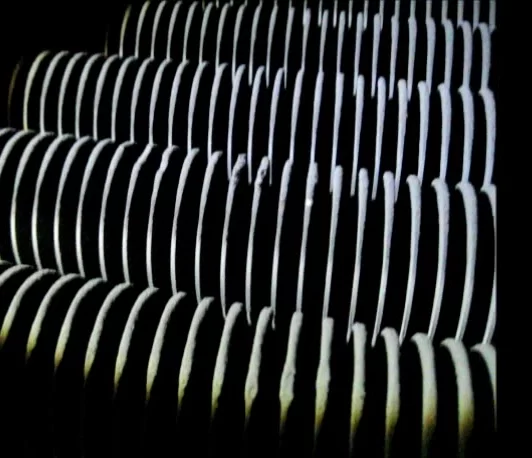Corrosion in Boilers and Fired-Heaters Results in Equipment Failure and Unplanned Expenditure
Dew-point corrosion is a factor that affects many boilers and fired-heaters during shutdowns and turnarounds. Sulphur present in the flue gases can form acidic compounds at lower temperature zones in the units. This results in corrosion. Corrosion causes metal deterioration, structural weakening, and safety hazards in industries like power, petrochemicals, oil and gas, and marine.
Gas and Oil-Fired Units
In gas and oil-fired units, corrosion in low temperature zones, such as ducts, economisers and air preheaters, creates issues. These issues can result in tube failures and damaged baskets. When units are operating with poorer quality fuels, fouling will occur resulting in under-deposit sulphur corrosion. Similarly, if the load is reduced for operational reasons, the lower temperatures may cause dew point corrosion.
When dew-point corrosion occurs, there are few solutions for operators to mitigate against it. This is especially true if fouling has occurred in the tight, lower banks of the economisers and the APH.

Coal Plants
Fly ash in coal-fired boilers results in substantial deposits forming throughout the flue gas path. The fly ash will contain sulphur and, as the deposit builds up, under deposit corrosion is likely to occur. During shutdowns, the lower temperatures and increased moisture content in the boilers almost guarantees the formation of sulphuric acid. Neutralisation is essential before any operators can enter.
Biomass Plants
In biomass plants, it is not only sulphur that causes corrosion issues. Chlorine content in the fuel causes varieties of chloride corrosion particularly in the superheaters. Both sulphur and chloride corrosion result in higher maintenance costs for power plants. This has a huge impact on the operating efficiency of the boiler.
Boiler Corrosion Solution
At Therma-chem we have been working with these industries for 40 years. We have refined our unique fuel independent alkaline solution FS12 to combat these issues at both high and low temperatures. FS12 reduces the melting points of deposits in the high temperature zones, restoring heat transfer and preventing dew point corrosion. This is done by reducing deposits to soft, powdery ash, online. Moreover, FS12 will convert any sulphur deposits in the low temperature zones to non-corrosive potassium sulphites and sulphates.
For each project, we gather data from previous turnarounds, assess the boilers performance indicators to identify the corrosion challenges. Our aim is to prevent corrosion occurring during the shutdown period.



